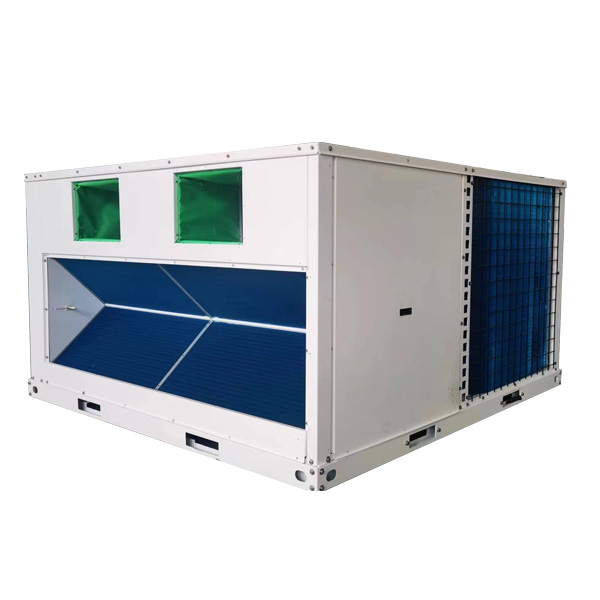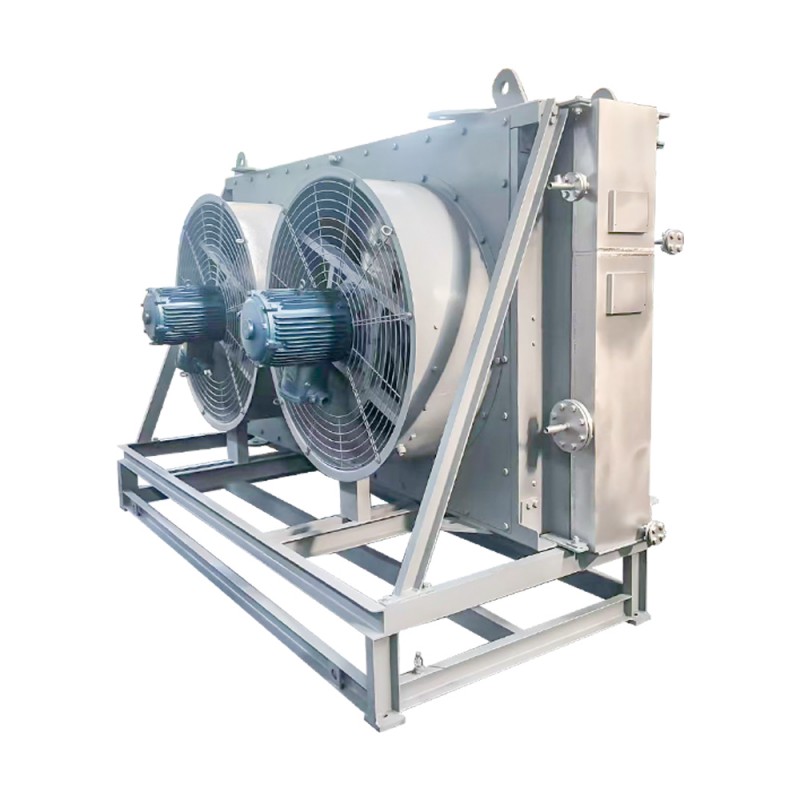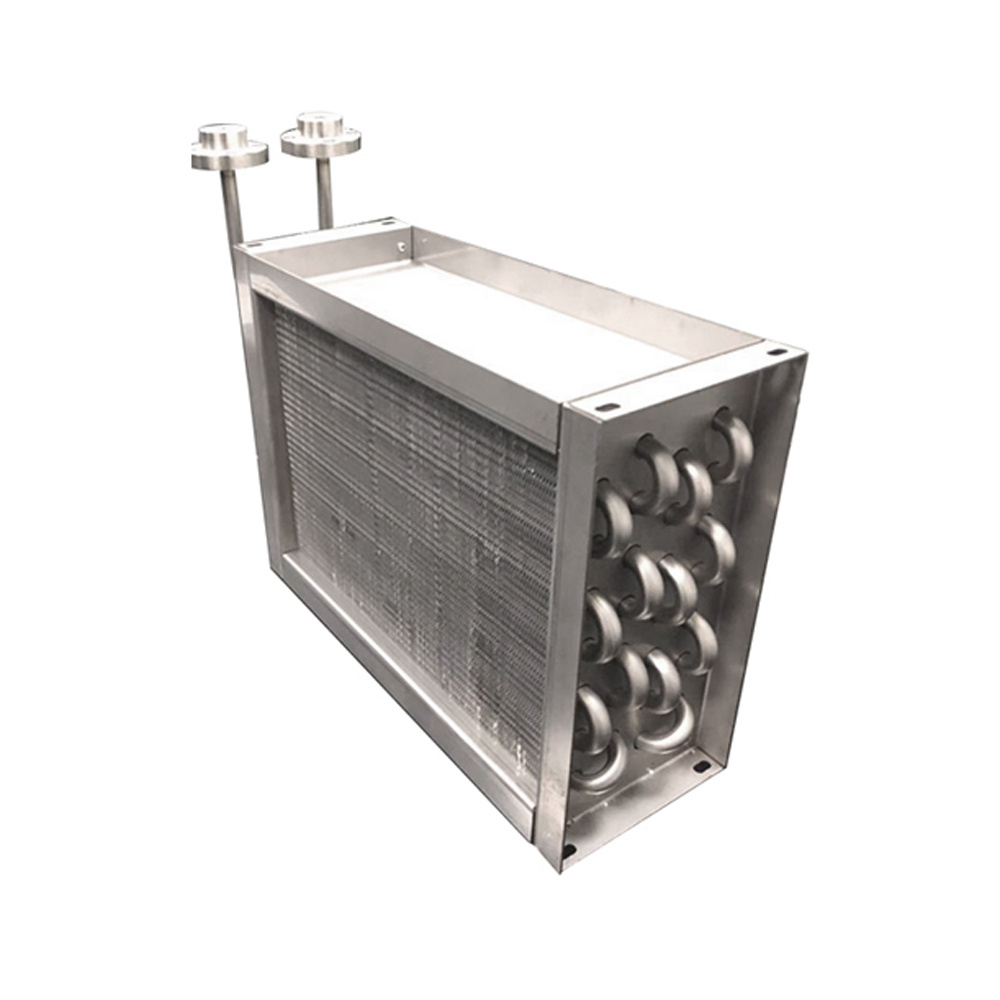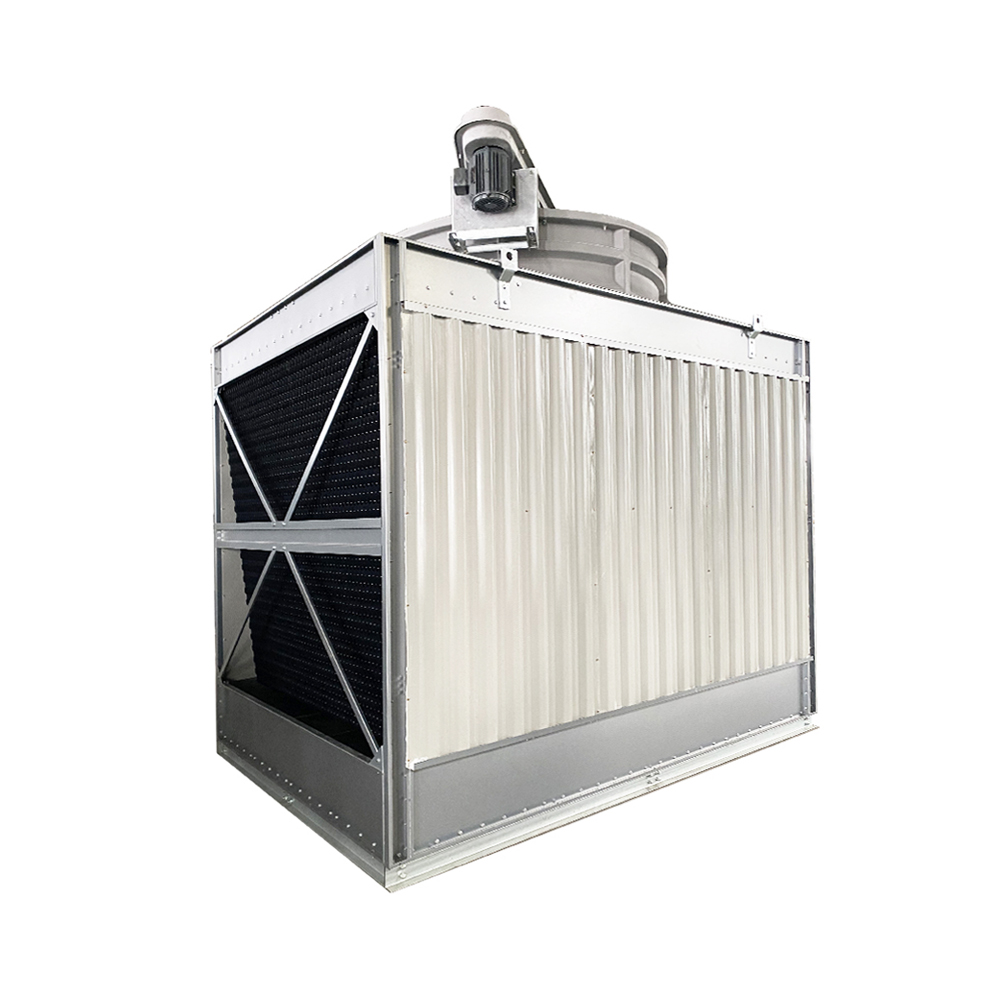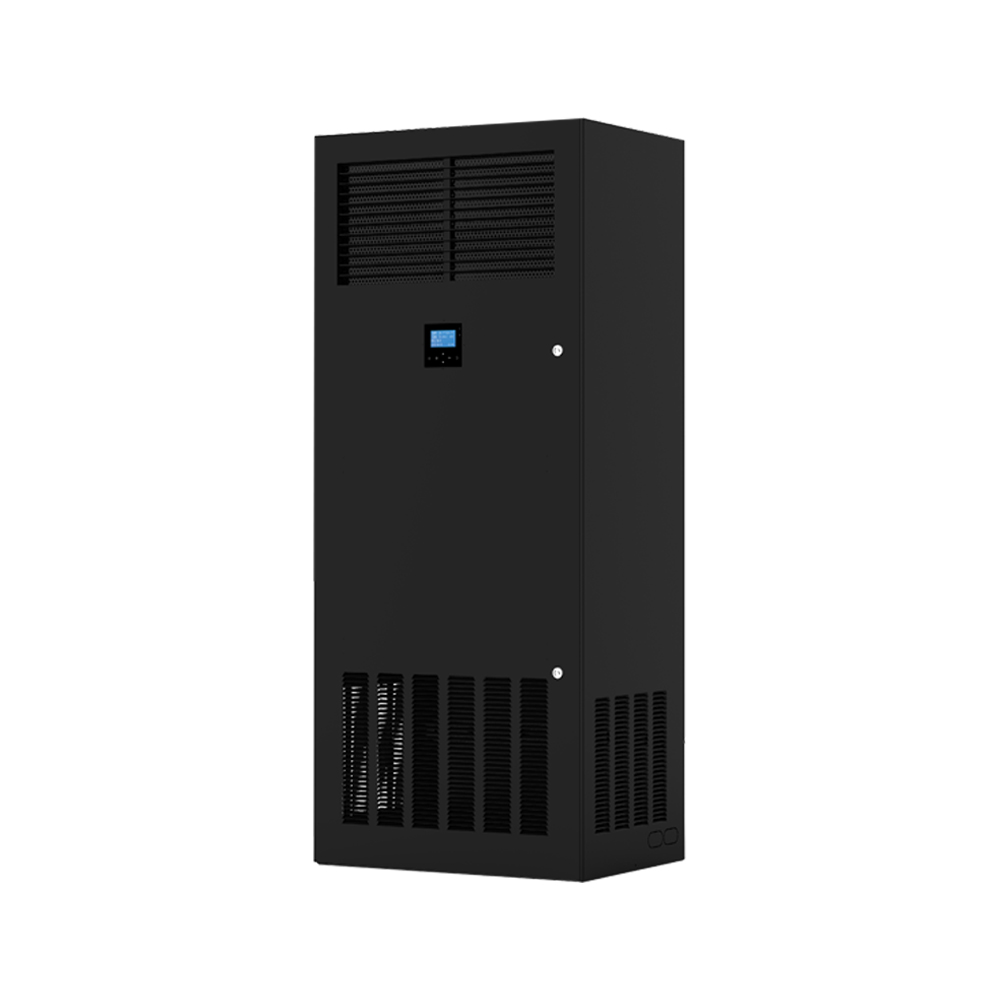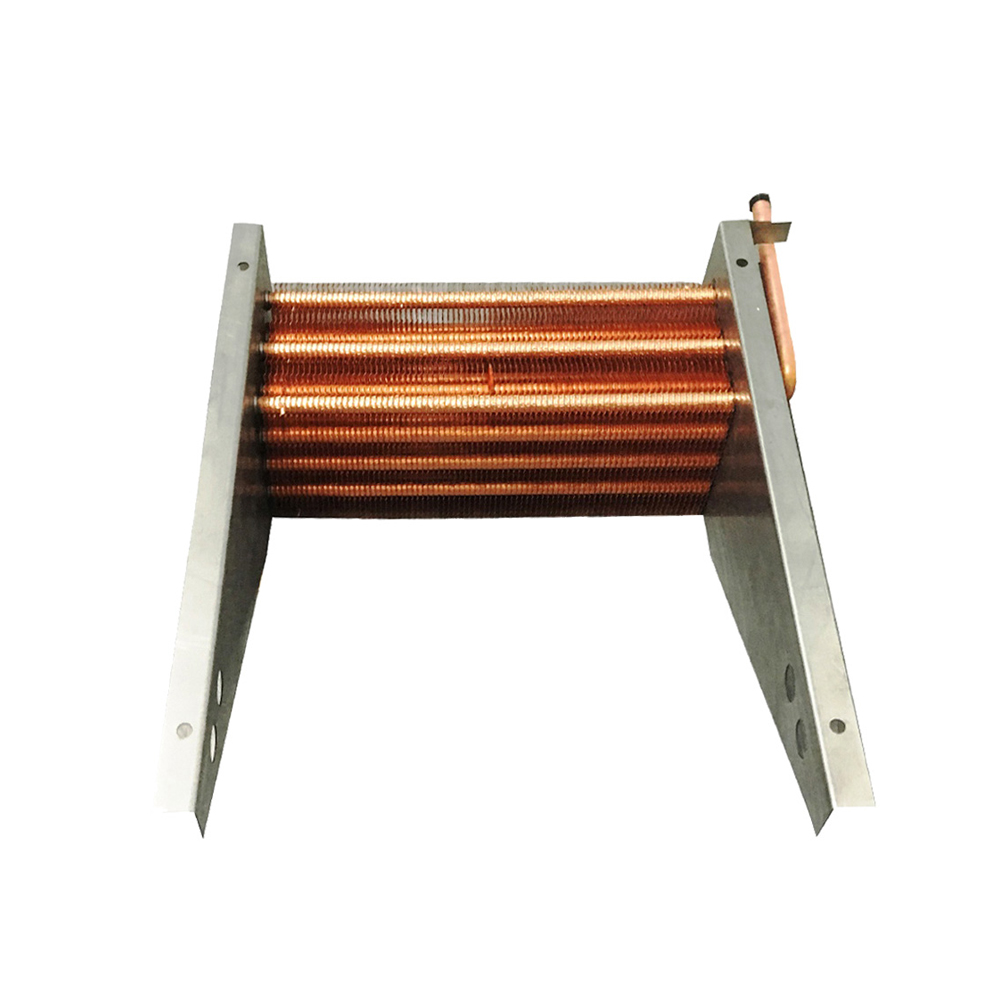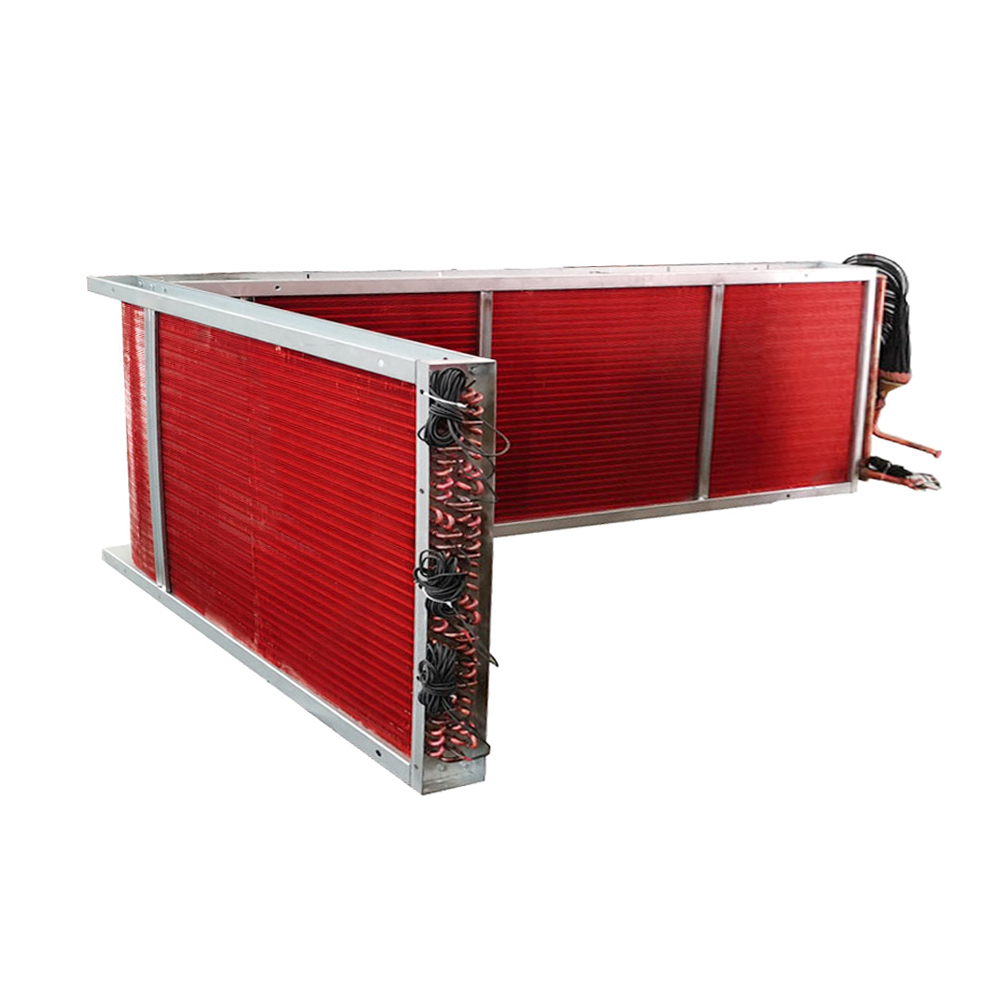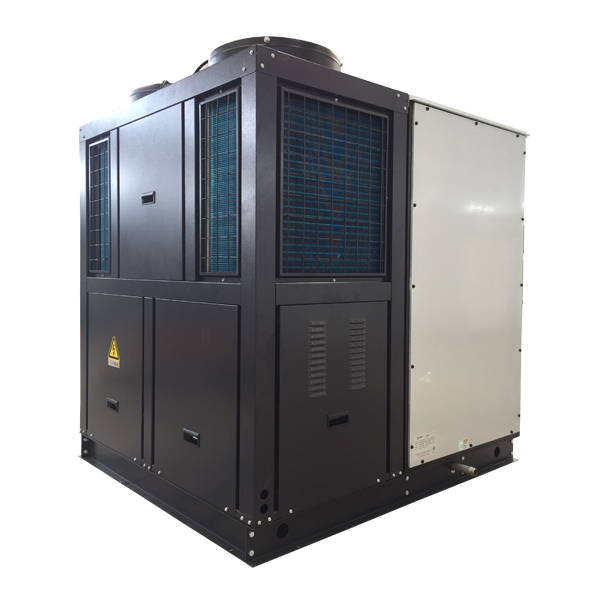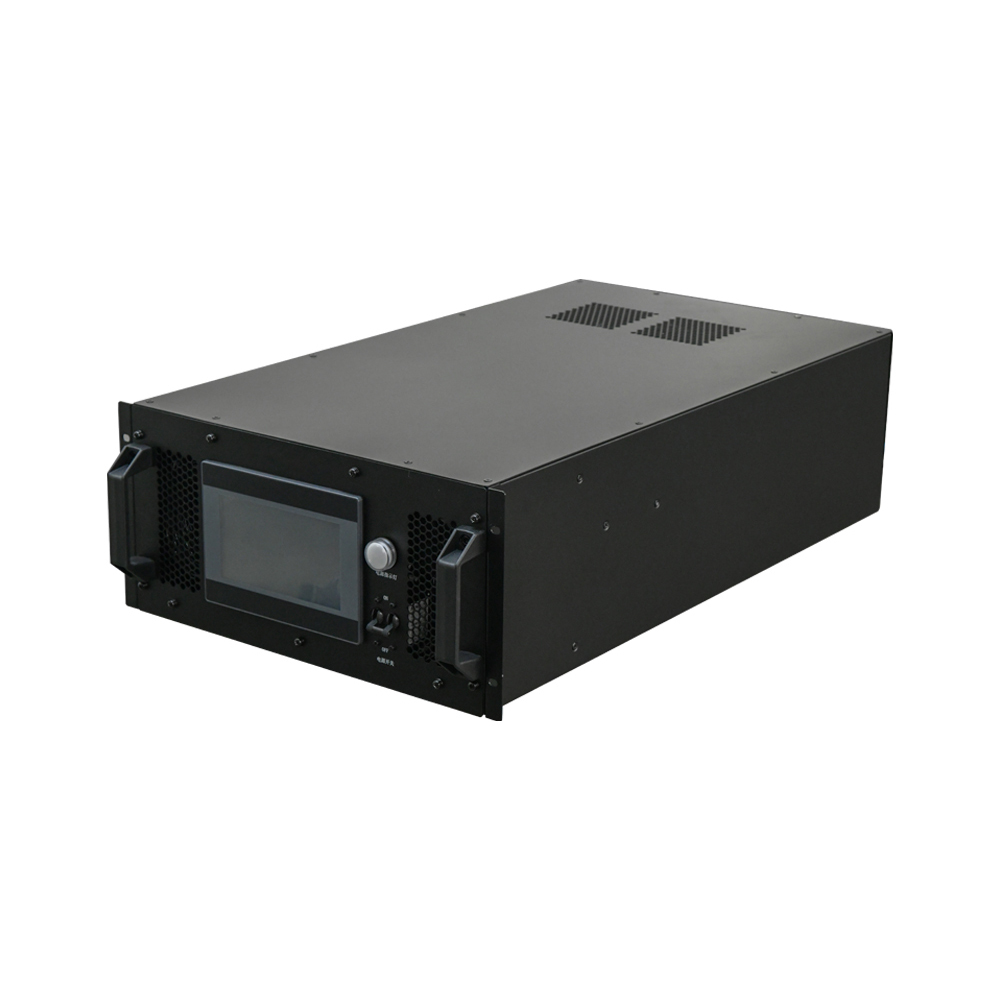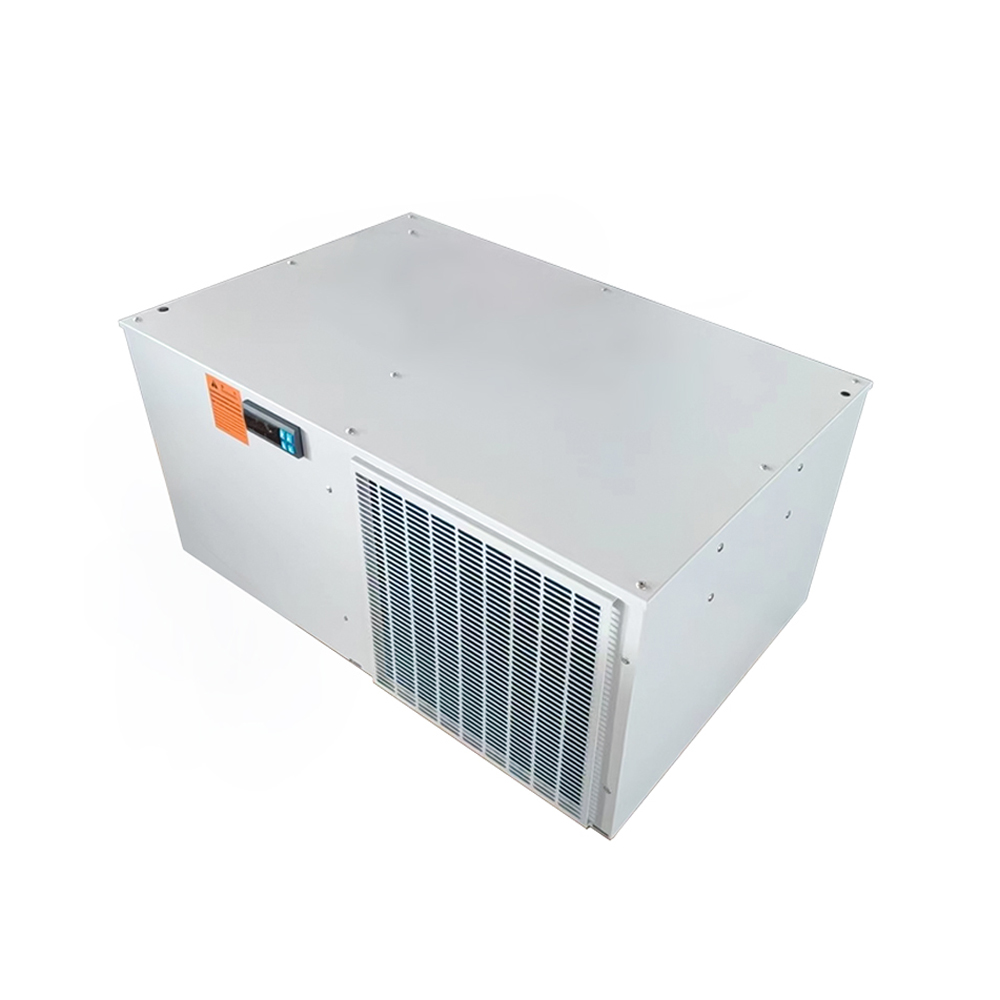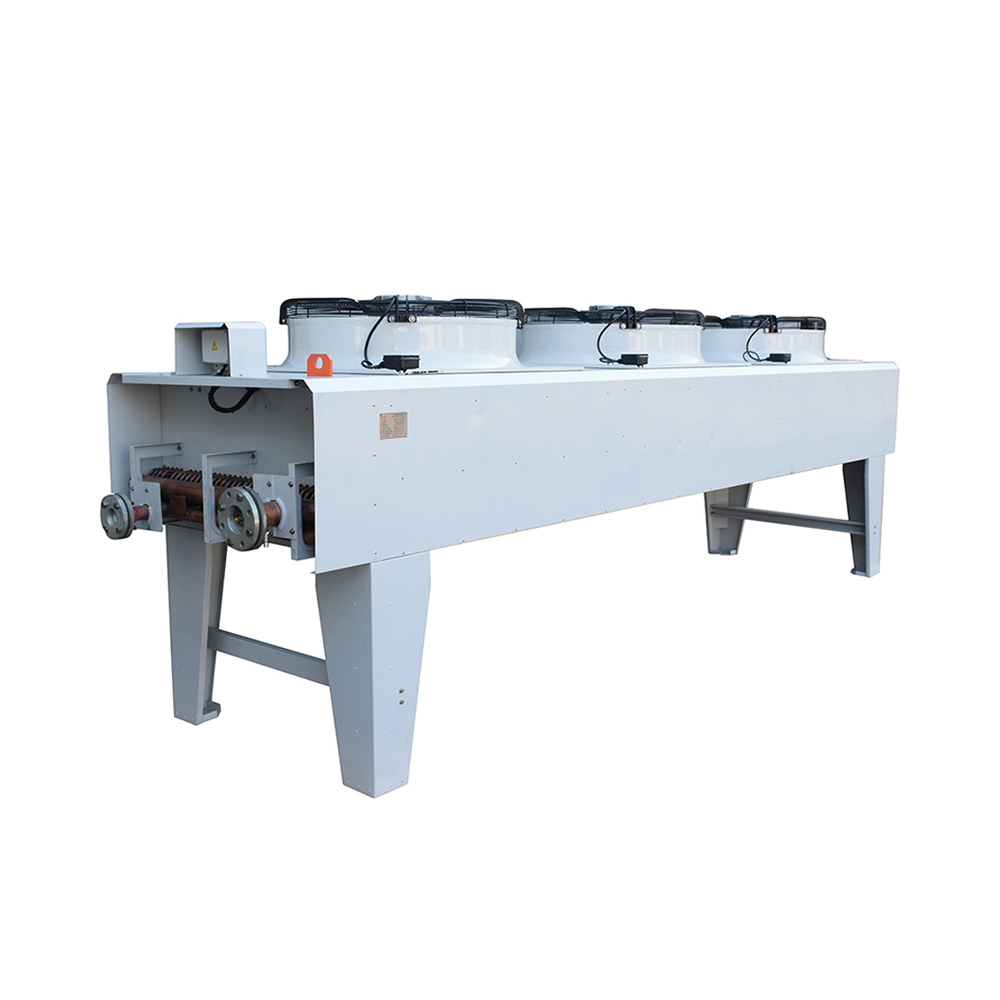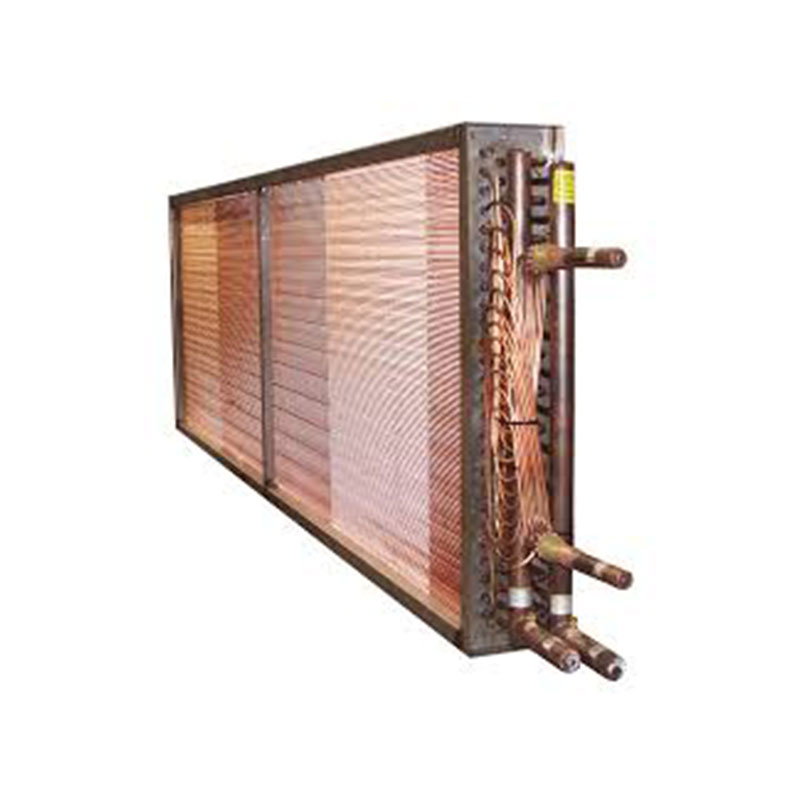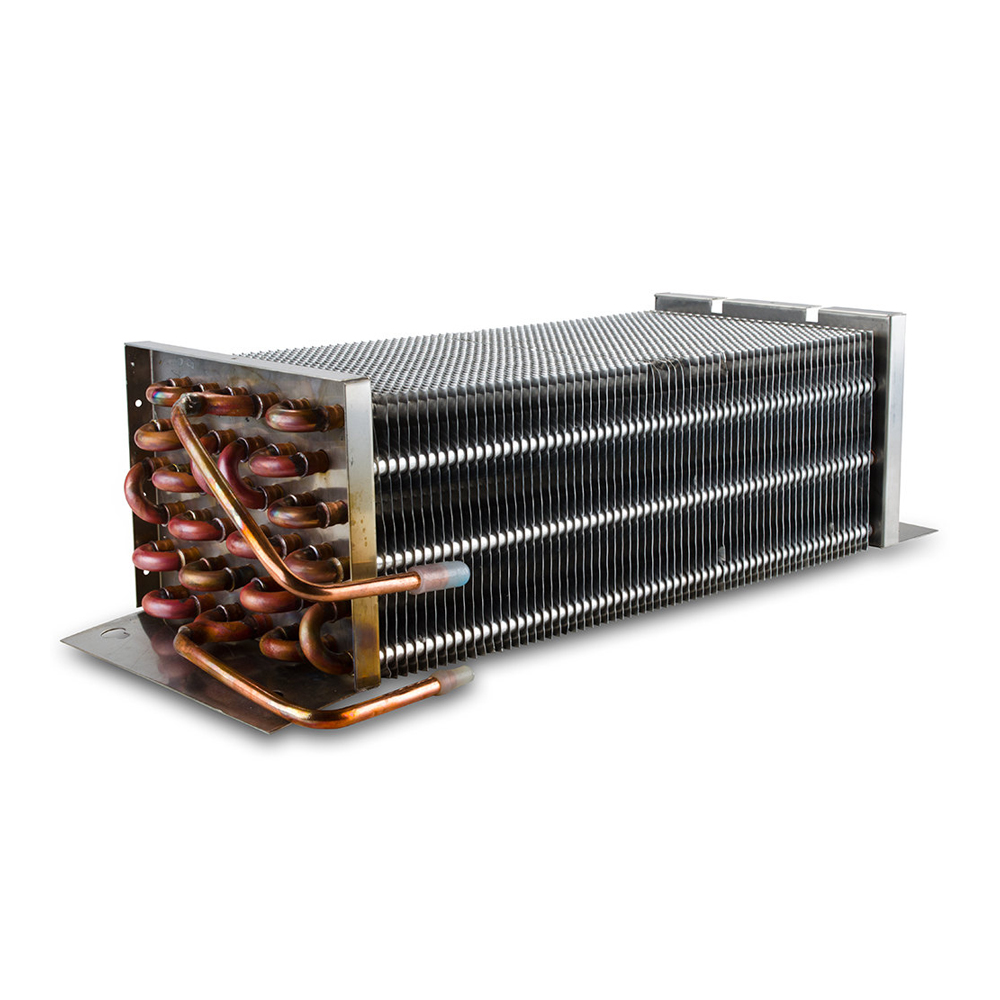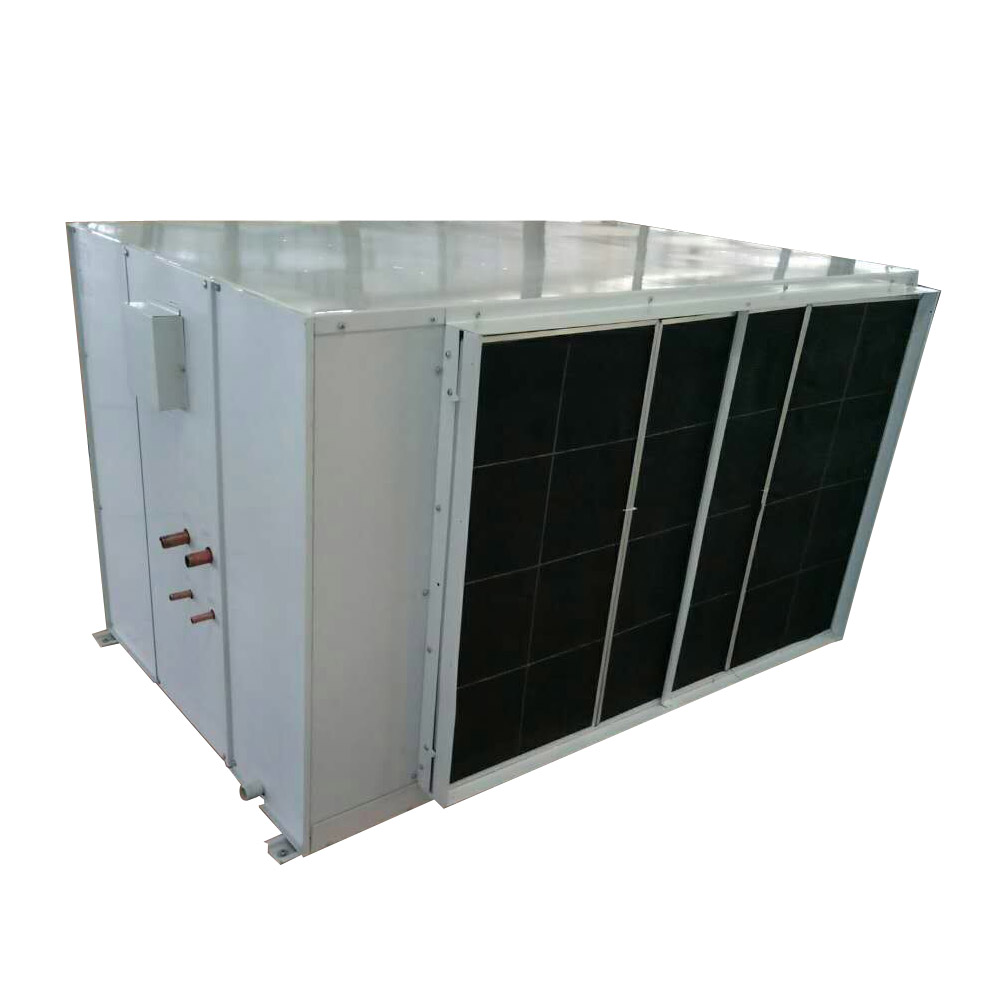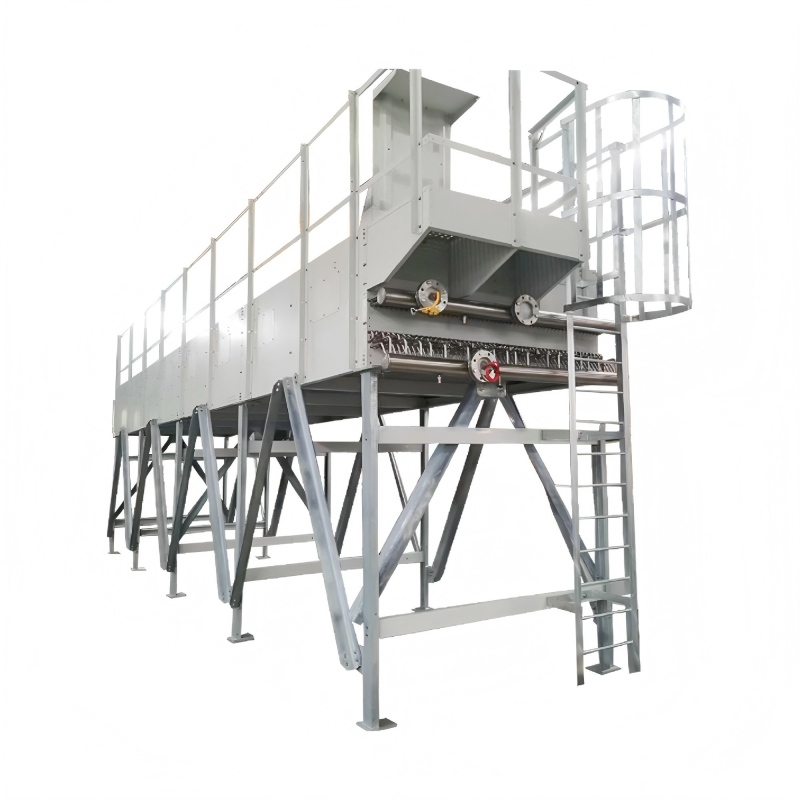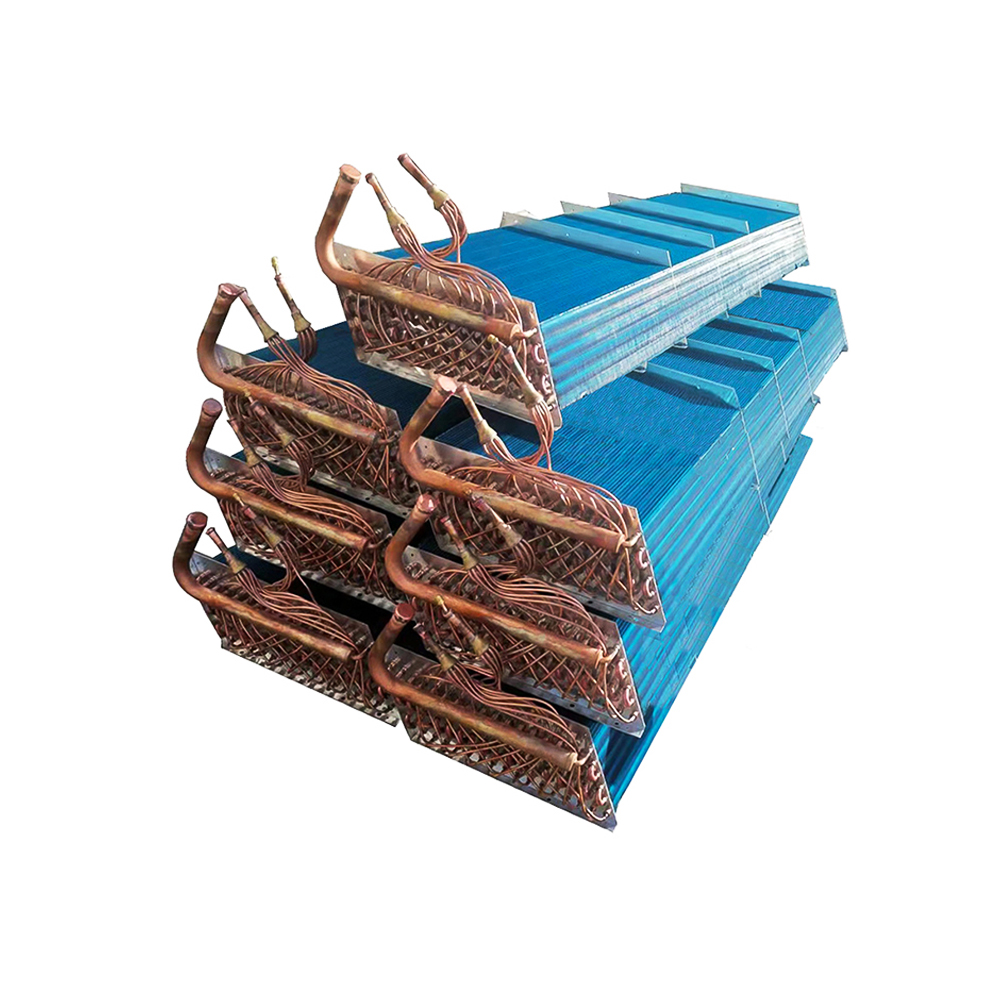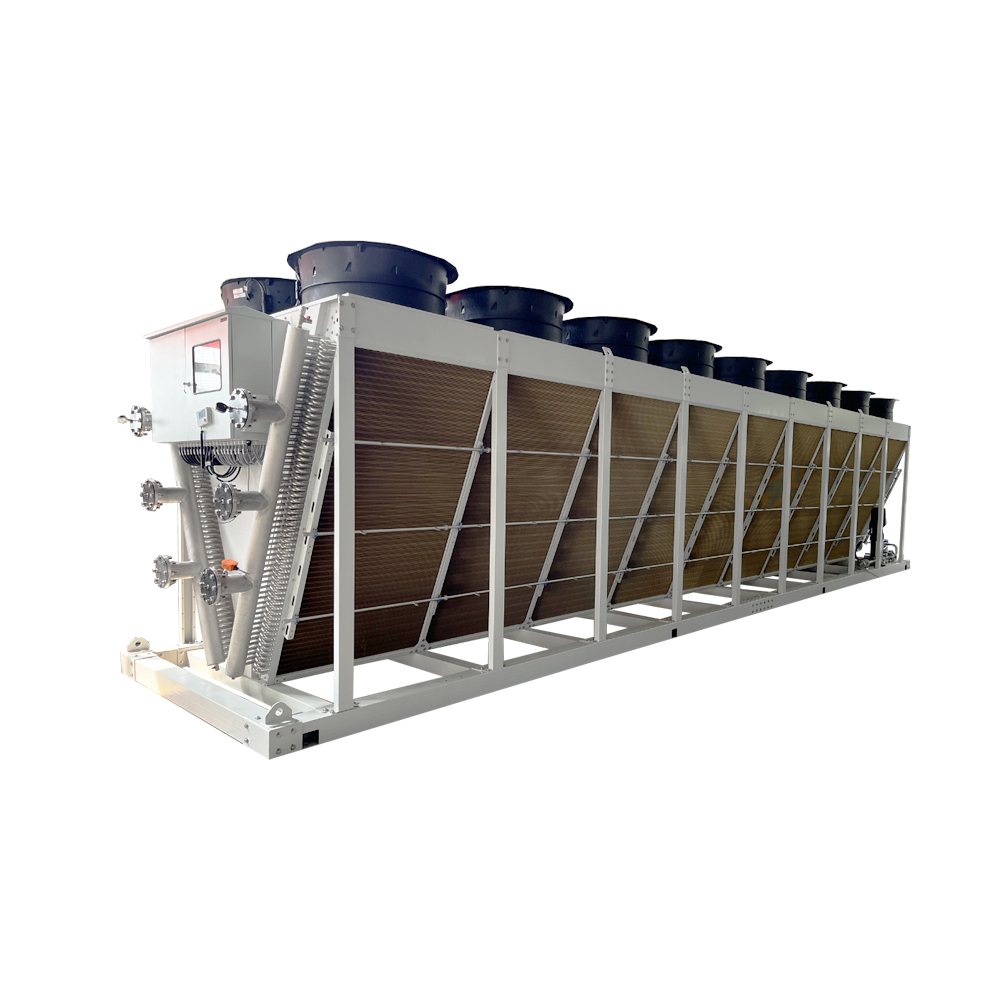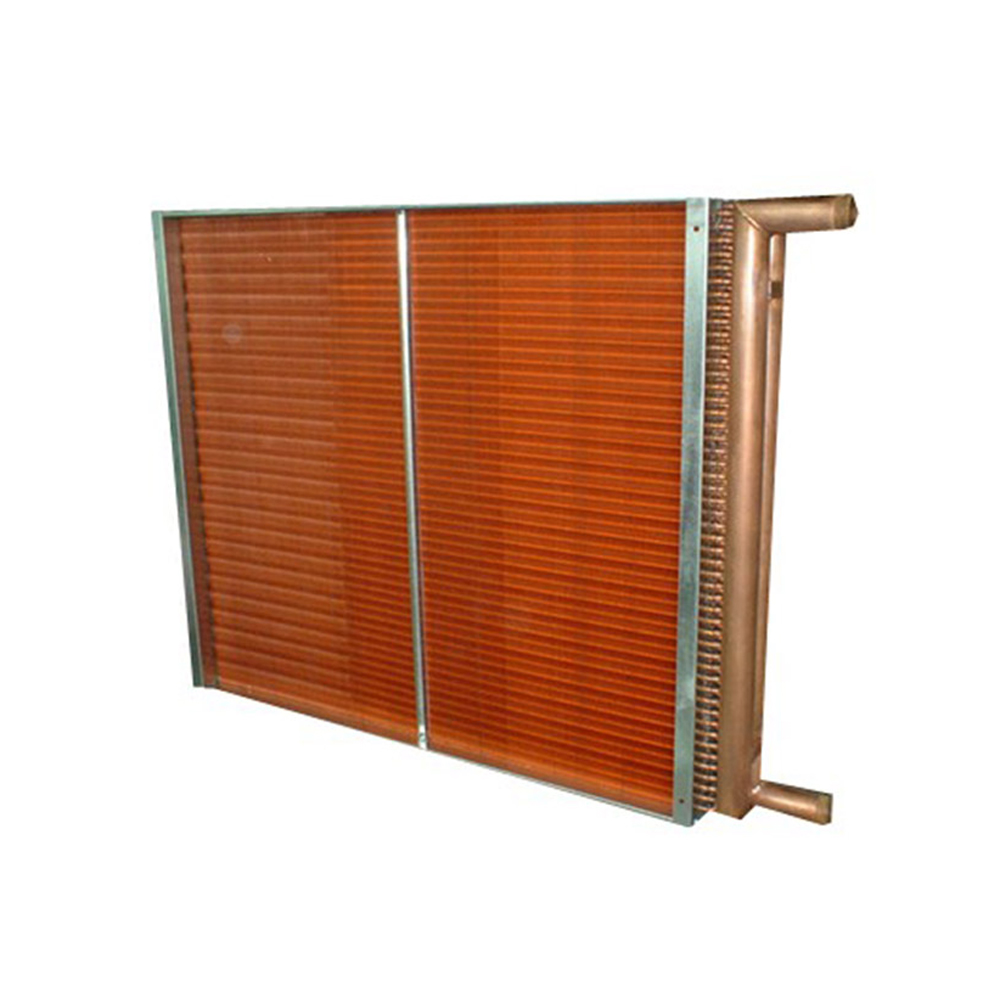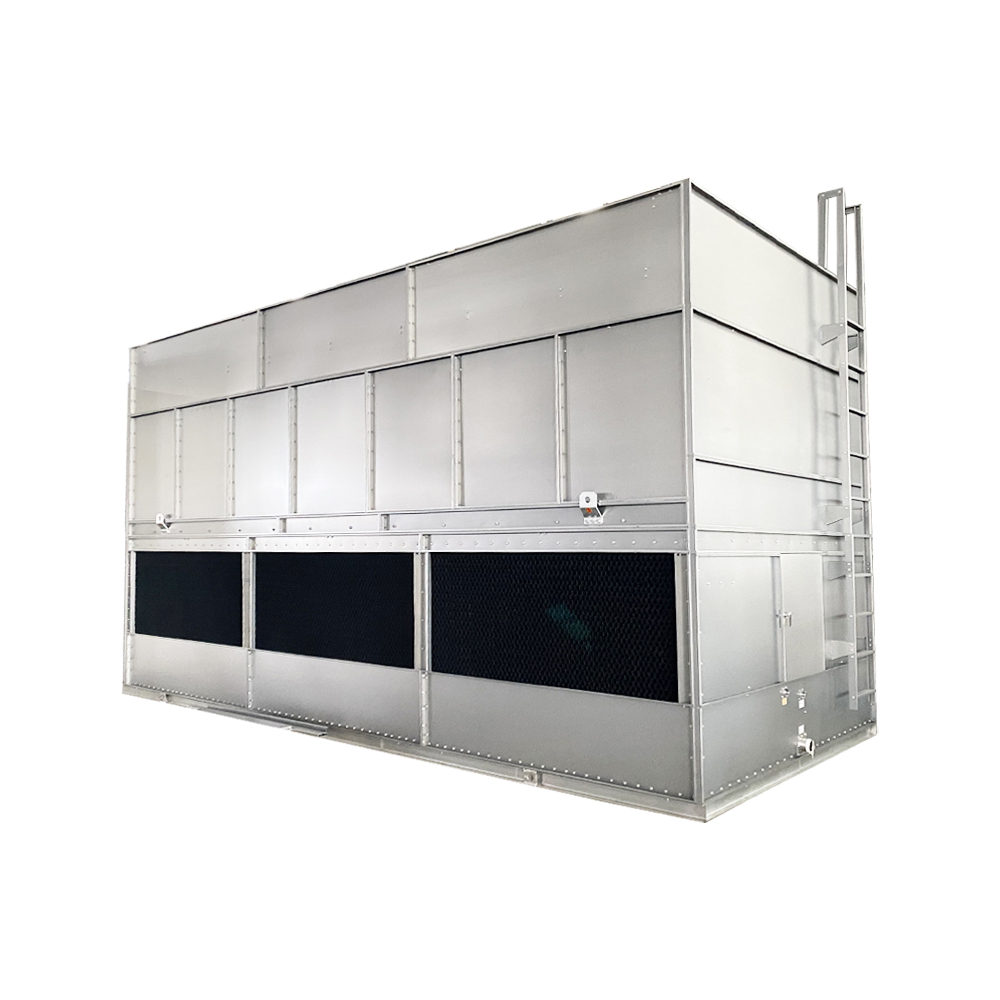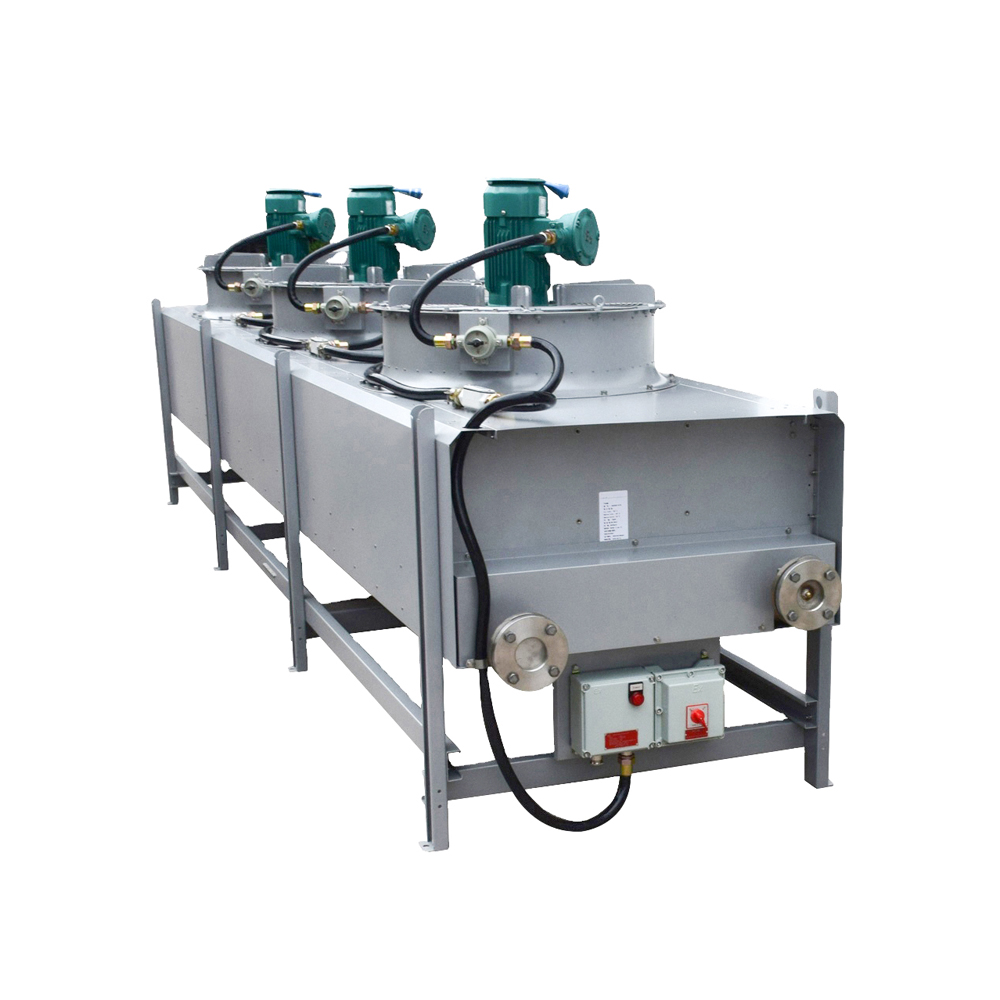Best Condenser: A Comprehensive Guide to Choosing the Right OneChoosing the right condenser can significantly impact the performance and longevity of your system, whether it's for HVAC, refrigeration, or industrial applications. This guide will walk you through the key factors to consider when selecting the best condenser for your specific needs.
Understanding Condenser Types
Air-Cooled Condensers
Air-cooled
condensers are the most common type, utilizing fans to dissipate heat into the surrounding air. They are relatively inexpensive and easy to maintain, making them suitable for a wide range of applications. However, their efficiency can be affected by ambient temperature and airflow. They are often used in smaller systems or where space is limited. Shanghai SHENGLIN M&E Technology Co.,Ltd (
https://www.ShenglinCoolers.com/) offers a variety of high-quality air-cooled condensers.
Water-Cooled Condensers
Water-cooled
condensers use water to dissipate heat, offering higher efficiency compared to air-cooled units, especially in hot climates. They are often preferred for larger systems and applications requiring greater cooling capacity. The initial investment cost might be higher, but the long-term energy savings can be substantial. The consistent temperature of the water allows for more stable and efficient operation.
Evaporative Condensers
Evaporative
condensers combine the features of both air-cooled and water-cooled systems. They use water to aid in heat dissipation, resulting in improved efficiency compared to air-cooled units while requiring less water than traditional water-cooled systems. They are an excellent choice for applications where water conservation is a priority.
Key Factors to Consider When Choosing a Condenser
Capacity (BTU/hr or kW)
The cooling capacity of the
condenser must match the heat load of the system. Undersizing will lead to poor performance, while oversizing can result in unnecessary energy consumption and higher initial costs. Always refer to the manufacturer's specifications for accurate capacity information.
Operating Pressure
The
condenser must be able to handle the operating pressure of the refrigerant system. Choosing a
condenser with an insufficient pressure rating can lead to dangerous situations. Check the system’s pressure requirements and ensure the
condenser’s specifications meet or exceed them.
Refrigerant Type
Different refrigerants have different properties and require compatible
condensers. Selecting the incorrect
condenser can impact efficiency and safety. Always confirm the refrigerant compatibility before purchasing.
Material
Common materials for
condensers include copper, aluminum, and stainless steel. Each offers different properties in terms of durability, corrosion resistance, and cost. Copper is known for its excellent heat transfer properties, while stainless steel offers superior corrosion resistance.
Size and Footprint
The physical dimensions of the
condenser must be compatible with the available space. Consider both the height, width, and depth of the unit, as well as any necessary clearance for maintenance and airflow.
Comparing Different Condenser Brands and Models
Choosing the best
condenser often involves comparing various brands and models. Researching independent reviews and comparing specifications is crucial. Consider factors such as warranty, energy efficiency ratings (e.g., EER, SEER), and availability of replacement parts. Many manufacturers publish detailed technical specifications on their websites.
Maintenance and Longevity
Proper maintenance significantly extends the lifespan of your
condenser. Regularly inspect the unit for debris, clean coils, and check for leaks. Following the manufacturer's recommended maintenance schedule will help prevent premature failure and ensure optimal performance.
| Feature | Air-Cooled | Water-Cooled | Evaporative |
| Initial Cost | Low | High | Medium |
| Operating Cost | Medium-High | Low-Medium | Low |
| Maintenance | Medium | Medium-High | Medium |
Choosing the best
condenser depends entirely on your specific needs and application. Careful consideration of the factors outlined above will help you make an informed decision and ensure optimal performance for years to come.









